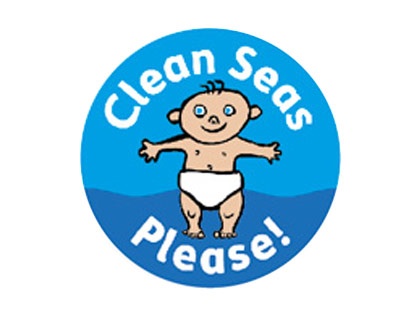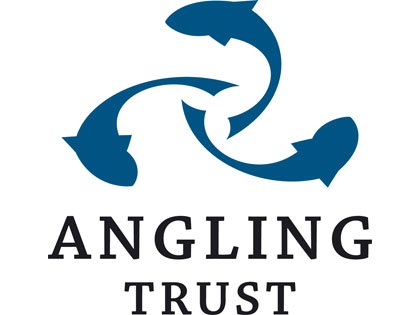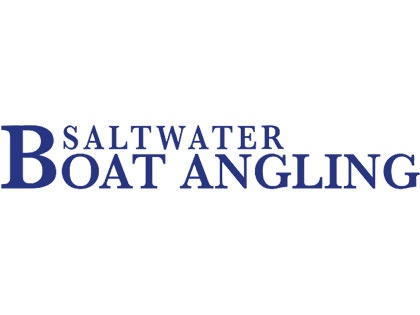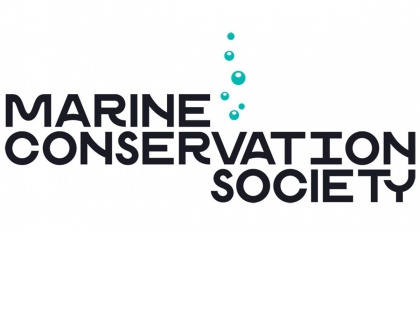Glossary
Please find below our glossary of terms:
AIS
AIS stands for Automatic Identification System and is not specific to fishing vessels, it was developed as a safety feature at sea (Sussex IFCA).
Blue mussel beds
There are intertidal sediment blue mussel beds (Mytilus edulis) and subtidal rock blue mussel beds. They are usually found on a variety of sediments, and are important to a healthy marine ecosystem, which they do by stabilising underlying sediment, enhancing biodiversity and more. For a more detailed definition, please see Marine Scotland Information.
Cuckoo wrasse
A colourful fish from UK seas, up to 35cm in length. There are four types of wrasses common in UK seas (Wildlife Trust)
Cuttlefish
A highly evolved mollusc, with a flattened oval body, and lateral fins over its entire length. They have large eyes, eight arms, two retractable tentacles and tough jaws (Sussex IFCA).
Dover sole
A large flatfish with a rounded snout, curved mouth and eyes on the right side of the body. Although its colour can vary, it is generally greyish brown with darker blotches on the upper side and white on the underside. It is mainly fished on a commercial level with fixed nets and trawls. It may be caught recreationally in smaller quantities, using fixed gear or rod and line (Sussex IFCA).
Herring
They are dark blue on the upper side, and silver on the underside, with a rounded belly. Around Sussex, fishing for herring occurs on a commercial level between October and December (Sussex IFCA).
Marine Conservation Zone
Marine Conservation Zones are areas that protect a range of nationally important, rare or threatened habitats and species. There are 91 MCZs in waters around England (GOV UK).
Marine Protected Area
MPAs are areas of the ocean established to protect habitats, species and processes essential for healthy, functioning marine ecosystems. The purpose of an MPA is to protect and recover rare, threatened and important habitats and species from damage caused by human activities. In England, MPAs are designated to protect specific habitats or species (also known as ‘features’) and have conservation objectives which state what conservation outcomes the MPA is designed to achieve (GOV UK).
MMO
Marine Management Organisation, created in 2009 by the Marine and Coastal Access Act (GOV UK).
Plaice
Plaice is a flatfish with a pointed snout and eyes on the right side of the body. Its upper side is dark brown with orange blotches, and the underside is white. Plaice can adapt their colour to match their substrate to some extent, which allows some camouflage. Fishing for this species usually happens at a commercial level most commonly with fixed gear and trawling, although rod and line can be used to catch it in smaller quantities (Sussex IFCA).
Ross worms
A worm that builds tubes from shell fragments or shells, found subtidally in exposed areas. For a more detailed definition, please see the Marine Life Information Network
Short snouted seahorse
Found in shallow waters, they use their tail to cling onto seaweed or seagrass. They are usually brownish in colour. They are distributed along the south coast of England. The female seahorse transfers the eggs to the male seahorse who fertilises them, keeping them in a brood pouch before giving birth (Wildlife Trust).
Small spotted catshark
A small shark of about 100cm in length, named as such due to dark spots and blotches on its skin. They feed on molluscs, crabs and small fish. They are common in the UK and live in shallow waters, close to the seabed (Wildlife Trust).
VMS
Vessel Monitoring System - this is specific to fishing vessels and at the moment, it is a requirement for all fishing vessels 12m or over in length. VMS was used in the MCZ assessment process to understand fishing activity in the site (Sussex IFCA).






